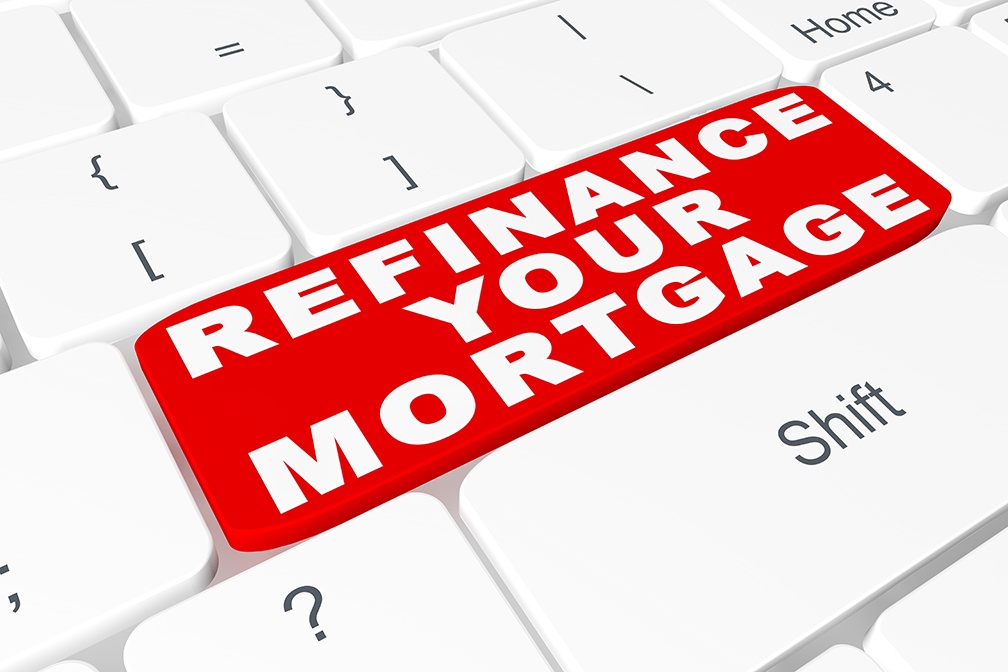 When you buy a home, you probably have a budget you will try to stick to. Many people choose a 30-year fixed mortgage, and by the time you pay off the home loan, you should own your home outright. At the same time, you might be thinking about paying off your mortgage more quickly to save money on interest. Even making one extra mortgage payment per year can provide a number of significant benefits.
When you buy a home, you probably have a budget you will try to stick to. Many people choose a 30-year fixed mortgage, and by the time you pay off the home loan, you should own your home outright. At the same time, you might be thinking about paying off your mortgage more quickly to save money on interest. Even making one extra mortgage payment per year can provide a number of significant benefits.
You Can Build Up Equity Faster
One of the first benefits of making an extra mortgage payment every year is that you can build up equity faster. If you make an extra mortgage payment, that payment should go directly toward the principal. This means you don’t have to worry about paying down any interest with that extra mortgage payment, allowing you to build up equity in your home more quickly.
You Save Money On Interest
If you make an extra mortgage payment, you pay down the principal more quickly. This means there is a lower remaining balance on which interest might accrue. Even making one extra mortgage payment every year can add up to tens of thousands of dollars in interest saved at the end of the loan.
You Free Up Financial Resources Down The Road
If you make one extra mortgage payment every year, you could pay off your home loan years in advance. This means you don’t have to worry about making mortgage payments down the road, which can free up financial resources to cover other expenses. For example, you might be able to use the money you would have put toward your mortgage to put a child through college or retire early. Your savings will increase exponentially.
Consider Making One Extra Mortgage Payment Per Year To Save Big
If you stay in your home for 30 years, there is a chance your income will go up even though your mortgage payments stay the same. Therefore, you may be able to afford to make an extra mortgage payment per year. Making only one extra mortgage payment every year can add up to big savings very quickly.

 If you have made an offer on a house and gotten it accepted, congratulations! This is a major step, but you might be wondering how you actually pay for a house. The days of showing up to the closing table with a personal check are in the rearview mirror, as nobody wants a check for a house to bounce after the other person has already walked away with the keys. Furthermore, even if you are buying a house with cash, you certainly do not want to show up with a briefcase full of dollar bills. Here is how you will actually pay for the house.
If you have made an offer on a house and gotten it accepted, congratulations! This is a major step, but you might be wondering how you actually pay for a house. The days of showing up to the closing table with a personal check are in the rearview mirror, as nobody wants a check for a house to bounce after the other person has already walked away with the keys. Furthermore, even if you are buying a house with cash, you certainly do not want to show up with a briefcase full of dollar bills. Here is how you will actually pay for the house.  Many people are looking for opportunities to save money on the cost of a mortgage. If you want to save money on your home loan, you might be thinking about refinancing. During the refinance process, you will replace your current home loan with a new mortgage. Some people want to refinance their homes to free up cash for a renovation project, while other people want to pay off their homes sooner. How can you pay off your home loan early through a refinance?
Many people are looking for opportunities to save money on the cost of a mortgage. If you want to save money on your home loan, you might be thinking about refinancing. During the refinance process, you will replace your current home loan with a new mortgage. Some people want to refinance their homes to free up cash for a renovation project, while other people want to pay off their homes sooner. How can you pay off your home loan early through a refinance? If you want to save money on your home loan, you might be thinking about refinancing your mortgage. You might be able to replace your existing mortgage with a home loan that has a lower interest rate. Even a single point reduction in your interest rates could save you tens of thousands of dollars over the life of your loan. Before you refinance, be sure to ask about closing costs. Because you are replacing your existing home loan with a new one, you may incur some closing expenses. On the other hand, you could also have negative closing costs. In this case, you might get paid to refinance. How does this work?
If you want to save money on your home loan, you might be thinking about refinancing your mortgage. You might be able to replace your existing mortgage with a home loan that has a lower interest rate. Even a single point reduction in your interest rates could save you tens of thousands of dollars over the life of your loan. Before you refinance, be sure to ask about closing costs. Because you are replacing your existing home loan with a new one, you may incur some closing expenses. On the other hand, you could also have negative closing costs. In this case, you might get paid to refinance. How does this work?  You might have heard that more people are refinancing these days. During the refinancing process, you essentially take your current home loan and replace it with a different one. You can reduce your mortgage payments, shorten the life of your loan, or withdraw cash you can use for other purposes. What are a few of the signs that indicate you should consider refinancing?
You might have heard that more people are refinancing these days. During the refinancing process, you essentially take your current home loan and replace it with a different one. You can reduce your mortgage payments, shorten the life of your loan, or withdraw cash you can use for other purposes. What are a few of the signs that indicate you should consider refinancing?